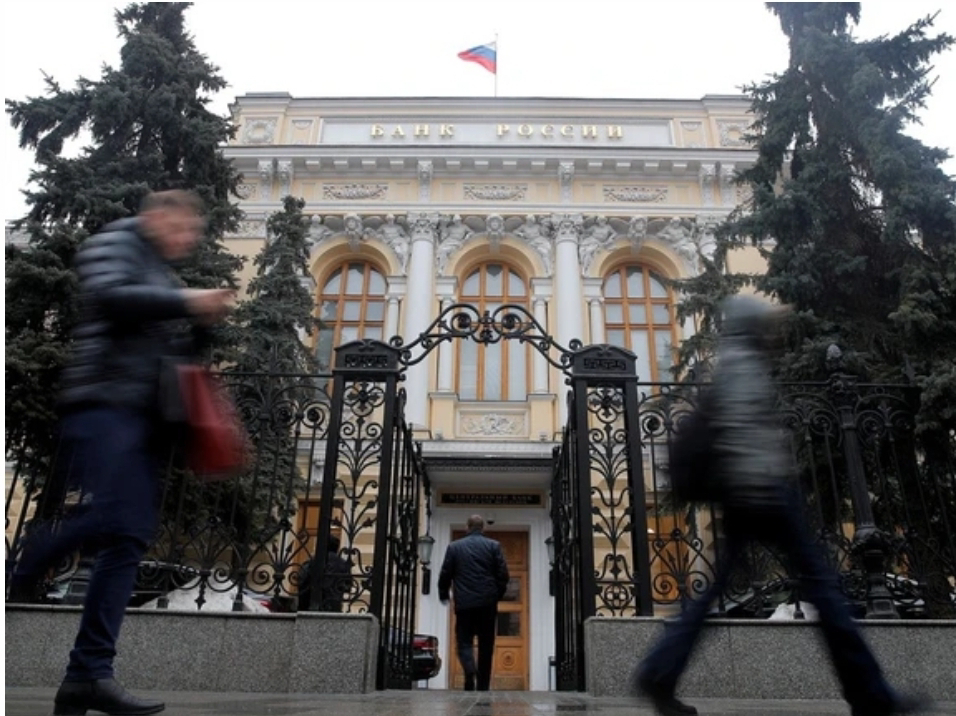Anggota parlemen mengalahkan mosi Konservatif yang menyerukan rencana federal untuk mengakhiri mandat vaksin, pembatasan
2/14/2022. 7:05 P.M
Dorongan Konservatif untuk meminta pemerintah Liberal mempresentasikan rencana untuk mengakhiri mandat dan pembatasan vaksin federal pada akhir bulan dipukul pada hari Senin.
Mosi itu dikalahkan 185-151, dengan Liberal, NDP, dan Hijau, untuk sebagian besar, memberikan suara menentang langkah tersebut dan Konservatif dan Bloc Quebecois memberikan suara mendukungnya.
Tidak mengherankan, anggota parlemen Liberal Joel Lightbound juga mendukung mosi tersebut. Louis-Hébert, Que. MP secara terbuka berbicara menentang pendekatan pemerintah terhadap pandemi pekan lalu.
Mandat dan pembatasan vaksin yang diberlakukan pemerintah federal telah menjadi sumber pertikaian dalam beberapa pekan terakhir ketika Konvoi Kebebasan melanjutkan protes dan blokade di seluruh Kanada dalam upaya menjatuhkan kebijakan tersebut.
Ottawa mengumumkan pada bulan Oktober bahwa pegawai negeri akan diminta untuk membuktikan bahwa mereka sepenuhnya divaksinasi terhadap COVID-19 pada akhir bulan itu. Ini juga mengharuskan karyawan udara dan kereta api - dan penumpang mereka - sepenuhnya divaksinasi pada periode waktu yang sama.
Sebulan kemudian, pemerintah mengumumkan bahwa mulai 15 Januari, pengemudi truk yang tidak divaksinasi memasuki Kanada harus mematuhi persyaratan pengujian pra-masuk, kedatangan, dan hari kedelapan, serta aturan karantina.
Namun, sebagian besar mandat vaksin dan pembatasan kesehatan masyarakat diberlakukan di tingkat provinsi dan teritorial.
Ketika memperkenalkan mosi minggu lalu, Pemimpin Konservatif sementara Candice Bergen mengatakan bahwa sementara sudah waktunya bagi "barikade dan tindakan mengganggu" konvoi truk untuk berakhir, sekarang juga saatnya bagi pemerintah untuk mempresentasikan rencana keluar dari pandemi pada 28 Februari.
Teks mosi tersebut menunjuk pada komentar baru-baru ini oleh Kepala Petugas Kesehatan Masyarakat Kanada Dr. Theresa Tam yang menyerukan beberapa langkah kesehatan masyarakat untuk diperiksa ulang dan perlunya pendekatan yang lebih "berkelanjutan" dalam mengelola pandemi.
Ini juga menyinggung langkah-langkah yang diambil oleh pemerintah provinsi dan teritorial untuk mengangkat mandat dan pembatasan.
Selama Periode Pertanyaan pada hari Senin, Bergen mengatakan ini harus menjadi waktu "optimisme dan sukacita" bukan "perpecahan dan ketakutan."
"Dua tahun ke dalam pandemi ini Tuan Pembicara, orang Kanada pantas mendapatkan optimisme dan harapan untuk masa depan mereka dan mereka pantas mendapatkan kepemimpinan dari pemerintah mereka. Mereka perlu tahu kapan mandat dan pembatasan federal akan dicabut, itu bukan permintaan yang tidak masuk akal," katanya.
Pemerintah menegaskan kembali bahwa ilmu pengetahuan akan mendikte setiap perubahan dalam kebijakan.
"Oposisi ingin seseorang - mungkin menteri kesehatan - untuk menyatakan bahwa COVID-19 akan berakhir pada tanggal tertentu. Sayangnya, bukan itu cara virus beroperasi dan bukan itu yang dikatakan sains kepada kita. Apa yang dikatakan sains kepada kami adalah bahwa kami harus berhati-hati dan bertanggung jawab," kata Menteri Kesehatan Jean-Yves Duclos.


Komentar